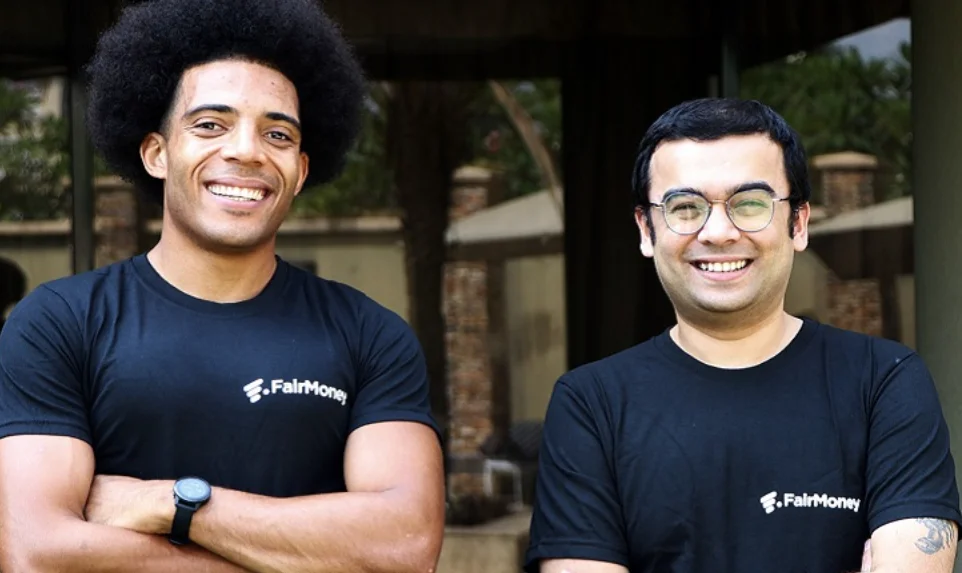AI to Transform IVF, Healthcare, and Remote Work by 2030 – Tim Akano
Artificial Intelligence (AI) is poised to revolutionise the global healthcare and employment landscape, reducing IVF costs, improving fertility access, and pushing remote job opportunities to a staggering $127 billion market value by 2030, according to Tim Akano, CEO of New Horizons.
Speaking at the 21st Titans of Tech Conference, Expo and Awards in Lagos, Akano revealed that AI had already achieved a historic milestone in fertility care with the conception and birth of the world’s first baby via fully automated AI IVF in Guadalajara in 2025.
Fully Automated AI IVF Achieves Milestone in Reproductive Health
“An AI system performed all 23 steps of the ICSI (Intracytoplasmic Sperm Injection) procedure with zero human intervention,” Akano said. “This led to the healthiest form of fertilization, demonstrating the future of reproduction.”
Akano added that AI technology would not only make fertility treatment more accessible and affordable globally, but also usher in a new era of artificial wombs, enabling flawless childbirth experiences and drastically improving success rates.
Remote Jobs Market to Reach $127 Billion by 2030
Akano also projected a dramatic increase in the value of remote jobs, from $31.8 billion today to $127 billion by 2030. He emphasised the importance of digital skills, especially AI competencies, for Nigerian youths and others in emerging markets to stay globally competitive.
“Remote work is no longer just a trend, it’s the future of employment,” Akano declared. “But only those with the right digital skills will thrive in this AI-driven economy.”
Warning Against Digital Colonisation
Akano warned of a looming digital colonisation if African nations and their youth fail to adopt and master emerging technologies. He urged young people to shift from consumption to technology creation and skill acquisition, especially in AI, robotics, and medical technology.
“We must not allow ourselves to be colonized again—this time digitally,” Akano cautioned. “Learn AI or be left behind.”
AI’s Impact on Healthcare and Job Markets
Akano pointed to other transformative developments in AI-driven medicine, such as:
- Gene editing for eliminating sickle cell anaemia
- Digital hospitals capable of diagnosing and treating patients with AI precision
- Humanoid surgeons performing flawless procedures
He noted that jobs defined by sequential patterns, or “garbage in, garbage out” processes, would be quickly eliminated by AI automation.
Call to Action: Embrace AI or Risk Obsolescence
Akano encouraged African governments to prioritise youth development funding for AI education and digital skills. He also called on individuals to take personal responsibility for reskilling and upskilling to seize global opportunities.
“Whether you’re in Ibadan or Istanbul, your success in the digital economy depends on your skillset,” he said. “AI has come to stay. Embrace it, or be replaced.”












